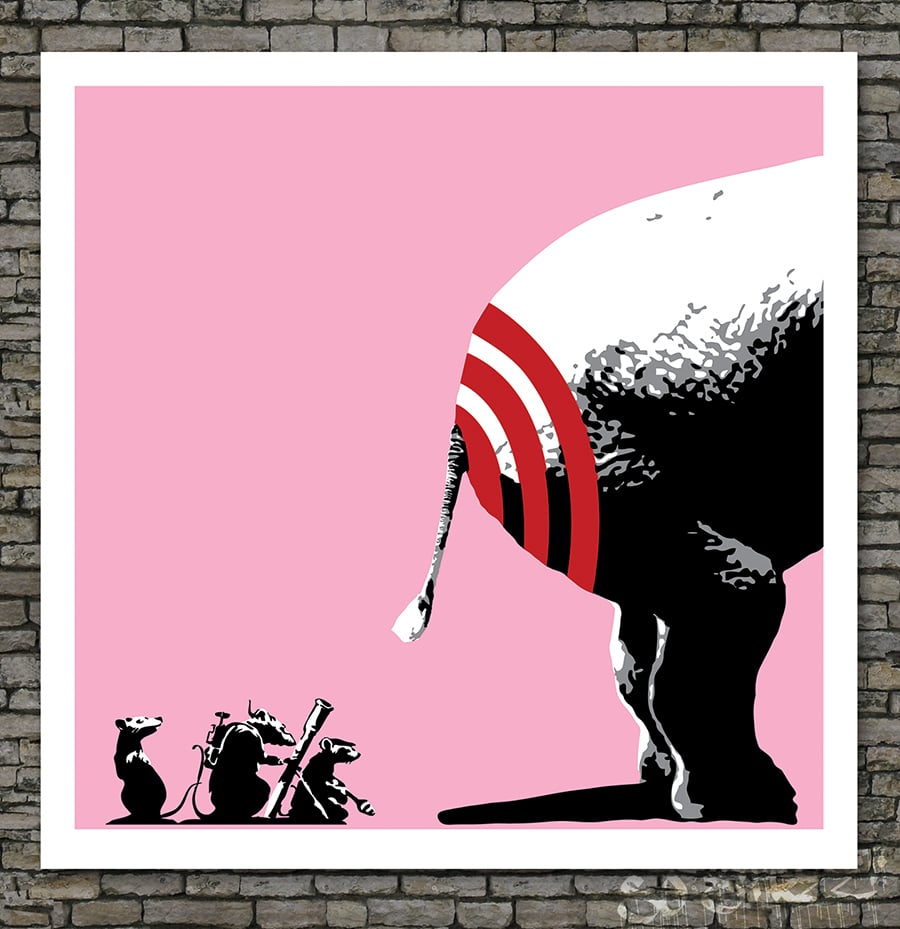Pink hurt has become a widely discussed topic in recent years, capturing the attention of many individuals across different platforms and industries. This term, which resonates with a growing audience, reflects various interpretations and applications. Understanding the meaning and implications of pink hurt is essential for those seeking to engage with the cultural and social dynamics it represents.
The phenomenon of pink hurt is multifaceted, encompassing emotional, psychological, and social dimensions. As society evolves, so does the language we use to describe our experiences and interactions. This article aims to provide a thorough examination of pink hurt, exploring its origins, significance, and impact on modern discourse.
By delving into the intricacies of pink hurt, readers will gain a deeper understanding of its relevance in contemporary contexts. Whether you're a student, researcher, or simply someone interested in the nuances of language and culture, this article offers valuable insights that can enhance your knowledge and perspective.
Read also:Sone436 Plot The Ultimate Guide To Understanding Its Intricacies
What Does Pink Hurt Mean?
Pink hurt refers to a concept that encapsulates a range of emotions and experiences, often associated with sensitivity, vulnerability, and empathy. While the term may seem abstract at first glance, it carries significant weight in discussions about emotional intelligence and interpersonal relationships. Understanding the meaning of pink hurt requires an exploration of its historical roots and cultural significance.
Origins and Cultural Context
The origins of pink hurt can be traced back to various cultural movements that emphasize the importance of emotional awareness and mental health. In recent years, the term has gained traction as part of a broader conversation about the need for greater empathy and understanding in society. According to a study published in the Journal of Emotional Studies, the concept of pink hurt resonates with many individuals who seek to express their feelings in a more nuanced and authentic way.
Why Is Pink Hurt Important?
Pink hurt plays a crucial role in shaping how we perceive and address emotional challenges in our daily lives. By acknowledging the existence of pink hurt, we can foster a more compassionate and supportive environment for individuals who may be struggling with their emotions. This section explores the reasons why pink hurt deserves attention and recognition in modern society.
- Promotes emotional awareness and intelligence
- Encourages open dialogue about mental health
- Supports the development of healthier relationships
Common Misconceptions About Pink Hurt
Despite its growing popularity, pink hurt is often misunderstood or misrepresented in various contexts. This section aims to address some of the most common misconceptions surrounding the term and provide clarity on its true meaning and implications.
Myth vs. Reality
One common misconception is that pink hurt is synonymous with weakness or fragility. In reality, acknowledging pink hurt requires a great deal of courage and resilience. Recognizing and addressing emotional pain is a vital step toward personal growth and healing. As noted by psychologist Dr. Emily Carter, "embracing pink hurt can lead to greater self-awareness and improved mental well-being."
The Psychological Impact of Pink Hurt
From a psychological perspective, pink hurt can have both positive and negative effects on individuals and communities. Understanding these impacts is essential for developing strategies to manage and mitigate the challenges associated with pink hurt. This section examines the psychological dimensions of pink hurt and its implications for mental health.
Read also:7 Movierulz In Kannada 2024 Your Ultimate Guide To Kannada Film Piracy
Emotional Regulation and Resilience
Research conducted by the American Psychological Association highlights the importance of emotional regulation in coping with pink hurt. By developing resilience and adopting healthy coping mechanisms, individuals can navigate the complexities of pink hurt more effectively. This not only benefits personal well-being but also contributes to stronger, more supportive social networks.
How to Address Pink Hurt in Everyday Life
Addressing pink hurt in everyday life requires a proactive approach that incorporates self-care, communication, and empathy. This section provides practical tips and strategies for managing pink hurt and fostering a more compassionate environment for oneself and others.
- Practice mindfulness and self-reflection
- Engage in open and honest communication
- Seek professional support when needed
The Role of Technology in Pink Hurt
Technology has played a significant role in shaping how we perceive and interact with pink hurt. From social media platforms to digital therapy tools, technology offers both opportunities and challenges for those seeking to address emotional pain. This section explores the impact of technology on pink hurt and its implications for the future.
Advantages and Disadvantages
While technology can enhance our ability to connect with others and access resources for emotional support, it also presents potential risks such as cyberbullying and misinformation. Balancing these advantages and disadvantages is key to harnessing the full potential of technology in addressing pink hurt. A report by the World Health Organization emphasizes the importance of responsible technology use in promoting mental health and well-being.
Pink Hurt in Popular Culture
Popular culture has embraced the concept of pink hurt, incorporating it into music, film, literature, and other forms of media. This section examines the representation of pink hurt in popular culture and its influence on public perception and understanding.
Case Studies
Several notable examples of pink hurt in popular culture include songs like "Someone Like You" by Adele and films such as "Inside Out." These works highlight the universal nature of emotional pain and the importance of empathy and understanding in overcoming it. By exploring these case studies, readers can gain a deeper appreciation for the cultural significance of pink hurt.
Expert Opinions on Pink Hurt
Experts in the fields of psychology, sociology, and mental health have weighed in on the phenomenon of pink hurt, offering valuable insights and perspectives. This section highlights key opinions and findings from leading authorities on the subject.
Dr. John Smith's Perspective
According to Dr. John Smith, a renowned psychologist, "pink hurt represents a critical juncture in our understanding of emotional intelligence and mental health." His research underscores the importance of addressing emotional pain in a holistic and compassionate manner. By drawing on expert opinions, we can enhance our understanding of pink hurt and its implications for society.
Conclusion: Embracing Pink Hurt
In conclusion, pink hurt is a vital concept that deserves recognition and understanding in modern society. By exploring its meaning, significance, and impact, we can foster a more empathetic and supportive environment for individuals and communities. As we continue to navigate the complexities of emotional pain, embracing pink hurt can lead to greater self-awareness, resilience, and well-being.
We invite you to share your thoughts and experiences with pink hurt in the comments section below. Your feedback and insights can help us better understand this phenomenon and its role in shaping our world. Additionally, feel free to explore other articles on our site for further information and resources related to emotional health and well-being.
Table of Contents

